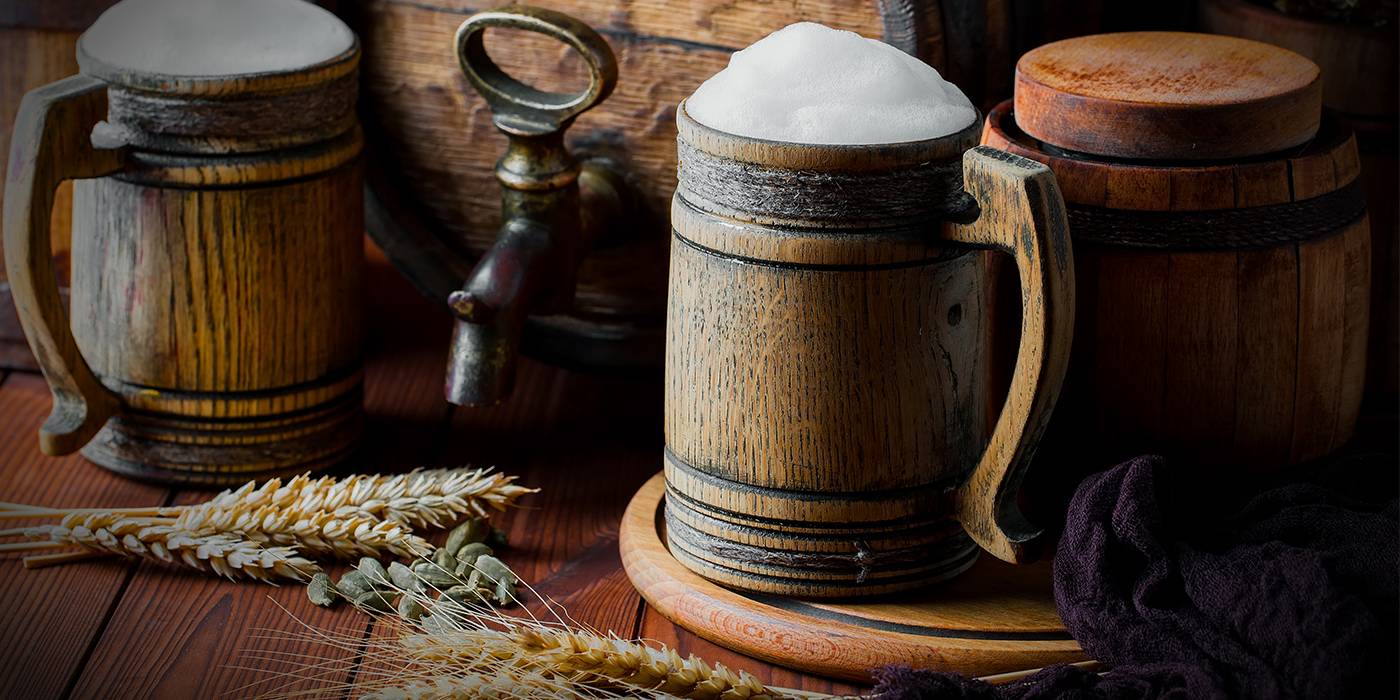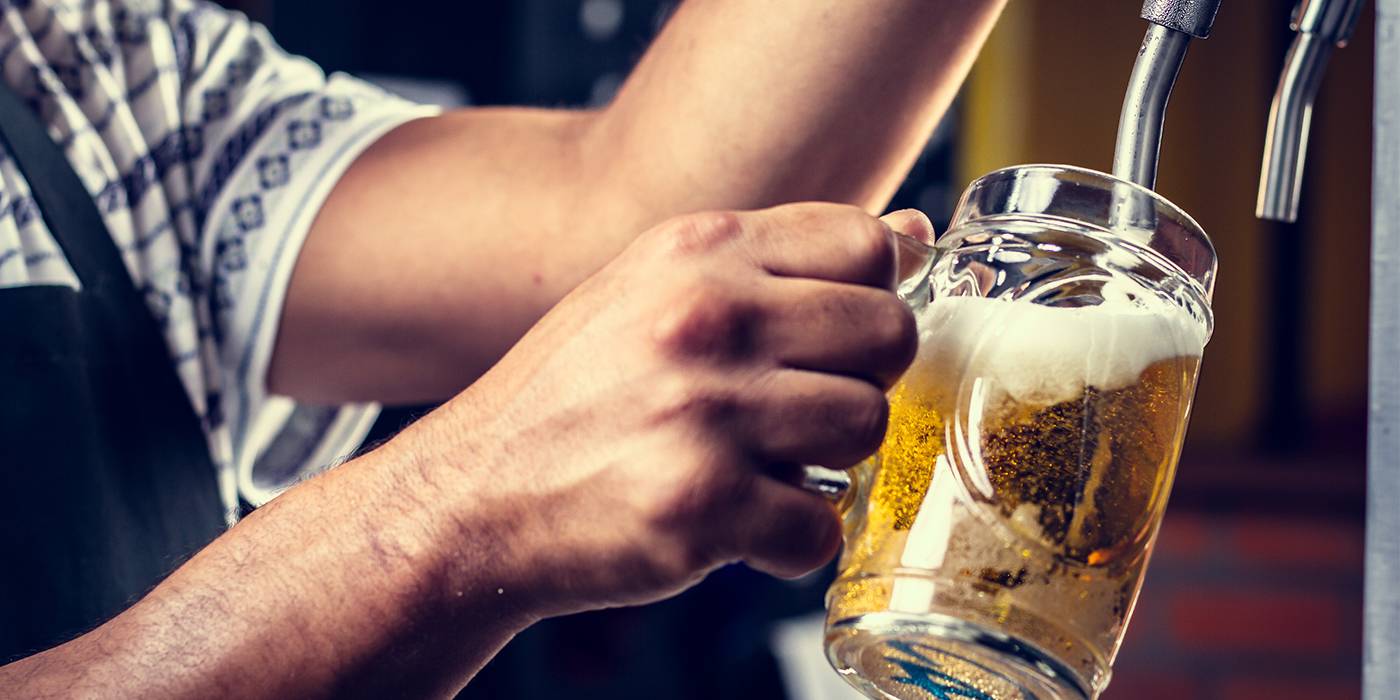Unfiltered beer

Julio Cerezo - Beer Sommelier
Director of Sabeer Beer Academy
One of the many innovations that Spanish brewing companies have surprised us with in recent years is including unfiltered beer in their product ranges. It is relatively easy to find these beers today in bars and supermarkets, but if we look at the product itself, more than an innovation, it is return to its origins.
What we see today as something perfectly normal such as drinking a crystal clear, bright golden beer, is actually more recent than we think, at least in terms of history. We know that the Sumerians, Babylonians, Egyptians, Greeks, Romans, Gauls, Vikings and many other cultures made and drank beer thousands of years ago, but what those societies drank back then was a far cry from our popular beer today.
On the one hand, the systems they used to malt and roast the cereal and also to smoke it, to a certain extent “dirtied” it, and that was evident in the end product. On the other hand, the way they used to filter the beer was not effective enough to leave the liquid free from cereal and yeast lees. That was the case until the arrival of the Industrial Revolution and technological progress, which improved both processes to produce bright, clean beer such as the Bohemian pilsner beers.
But we all know that history nearly always repeats itself and what goes around, comes around, and perhaps that is why unfiltered beer has recently become popular again
The first companies to offer these beers were the small micro-brewers who in some cases were forced to since the filtering systems were often outside of their budgets. Nevertheless, we have seen how some of the big brewers have joined the trend of unfiltered beer and now include them in their product ranges.
An unavoidable question therefore poses itself: Are unfiltered beers better than filtered beers? Leaving any biases and personal preferences to one side, we can say that it doesn’t make them better or worse, just different. It's like comparing a potato omelette with or without onion. It all depends on your personal preferences

By filtering beer before bottling it, small solid remains of its ingredients are eliminated, which obviously affects the taste. Some people are of the opinion that this makes beer less natural, and prefer to drink it cloudy. On the other hand, filtering beer means it can be stored for longer, since filtering also eliminates any possible micro-organisms which can spoil the taste in the long-term.
Tradition also has its place in the debate, and so does the style of the beer which establishes whether it should be filtered or not. Cloudypilsner is the exception to the rule, as is crystal clear wheat beer, although examples of both can be found fairly easily.
In short, it is up to each of us to make our final decision on which one we like best. For those of you who have not yet become used to unfiltered beer, we have some recommendations for you that you will be able to readily find on our shelves:
El Águila Sin Filtrar (5,5%) > the resurrection of an historical Spanish brand has brought this version of its lager beer which still contains the remains of the yeast, giving it a very singular taste and look.
Tyris IPA (6%) > a craft beer in line with the trend over recent years, with a slightly fruity, citrus taste from its aromatic hops and moderately bitter.
Franziskaner Hefe Weissbier (5%) > a classic example of German wheat beer, traditionally cloudy owing to the difficulty of filtering beer made from this cereal crop.
Cheers!

What do you think about?
Share comments, opinions and tricks with the Community







